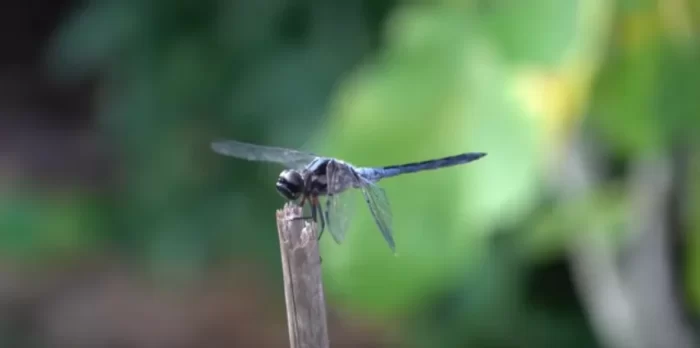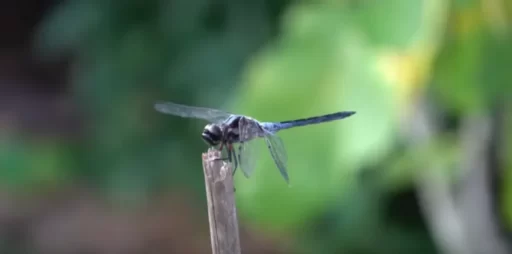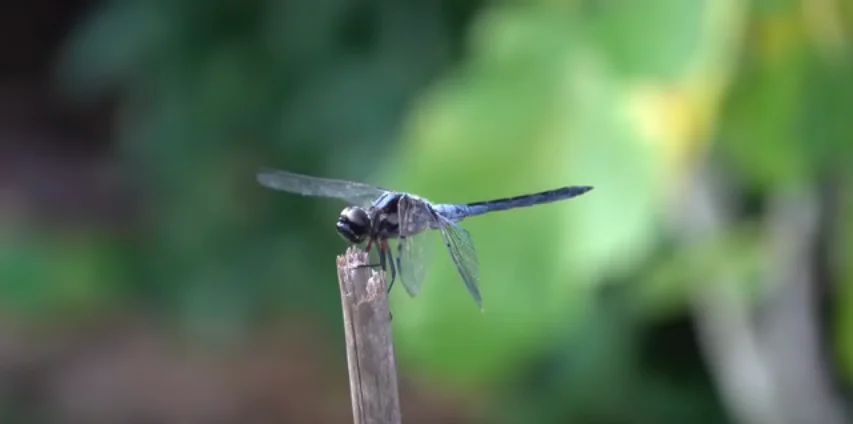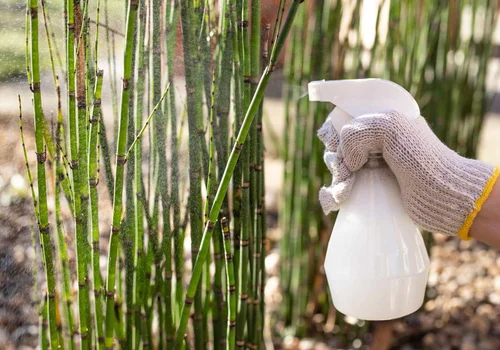Dragonflies are not only fascinating creatures, but they also play an essential role in controlling the population of mosquitoes and other pests. If you’ve ever wanted to bring these beneficial insects into your yard, this guide will show you how to attract dragonflies and why they are such valuable allies for gardeners.
The Benefits of Dragonflies in Your Garden
Dragonflies are often regarded as nature’s pest control agents. They feed primarily on mosquitoes, gnats, and midges, making them ideal for anyone dealing with these pesky insects. In fact, a single adult dragonfly can consume up to 100 mosquitoes or 30 times its body weight in a single day. With just a few dragonflies in your yard, you can significantly reduce mosquito populations and enjoy a more pleasant outdoor experience.
Dragonflies are native to most continents, except Antarctica. In the United States, they are primarily found in the eastern regions, where water bodies like ponds, lakes, and swamps provide the perfect environment for them to breed. These majestic creatures have existed for over 300 million years, predating even dinosaurs, and have adapted to various climates where water sources are abundant.
Tip #1: Create Perches for Dragonflies
One of the most effective ways to attract dragonflies to your garden is by providing them with perches. Dragonflies need places to rest during the evening and vantage points for hunting mosquitoes and other insects. Bamboo stakes and stainless steel cables are excellent options for perches. Dragonflies are particularly fond of bamboo stakes, which can easily be placed throughout your garden. You can purchase bamboo stakes from most hardware stores for a minimal cost, and they make the perfect resting spot for dragonflies as they hunt at dusk.
Stainless steel cables, often used for garden trellises, are another great option. These cables offer a high, stable place for dragonflies to perch, providing them with an excellent spot to survey their surroundings and prepare for their next meal. By installing cables or bamboo stakes throughout your yard, you’ll soon notice dragonflies making themselves at home.
Tip #2: Encourage Ecosystem Biodiversity
Dragonflies thrive in a rich, biodiverse ecosystem. If your garden is nothing more than a plain lawn, you’re unlikely to attract dragonflies. Instead, focus on creating a diverse habitat with plenty of flowers, trees, and other vegetation. This not only provides shelter for dragonflies but also attracts a variety of other insects, which serve as prey for them.
Contrary to what some may think, having more insects in your garden isn’t necessarily a bad thing. Dragonflies will help manage the population, keeping pests like mosquitoes in check. While early spring might bring an influx of gnats and mosquitoes before the dragonflies emerge, once the dragonflies are active, they will drastically reduce the number of annoying insects in your yard.

Planting a variety of flowers that bloom at different times of the year will ensure a steady stream of insects to attract dragonflies. Consider adding trees to provide shade and shelter, as well as mulching your garden beds to create an environment rich in organic matter, which further supports a healthy ecosystem.
Tip #3: Maintaining a Dragonfly Population
Once you’ve successfully attracted dragonflies to your garden, it’s important to maintain their population. One of the biggest threats to dragonflies is the use of insecticides. While it might be tempting to use insecticides to manage pest populations, these chemicals can harm beneficial insects like dragonflies. If you must use insecticides, opt for organic or natural alternatives, and avoid spraying during peak dragonfly activity.
Dragonflies are most active during sunrise and sunset, which is also when mosquitoes and gnats are most prevalent. To protect your dragonfly population, avoid spraying your garden at these times. Instead, wait until it’s dark, when dragonflies have retreated for the night, to apply any necessary insecticides. Additionally, try to spray insecticides low to the ground to avoid affecting dragonflies perched higher up.
Another way to minimize the need for insecticides is to manually manage pests. Using a handheld vacuum to suck up insects or directly applying insecticides to pests can reduce the overall impact on your garden’s beneficial insect population.
Dragonflies: Gentle and Harmless Allies
One of the most delightful things about dragonflies is their gentle nature. Despite their fearsome appearance, dragonflies are harmless to humans. They do not sting or bite and can even be gently touched without causing harm. Their friendly demeanor and effectiveness in pest control make them invaluable assets in any garden.
If you live in a region where dragonflies are native, following these simple tips can help you establish a thriving dragonfly population in your yard. By providing perches, creating a biodiverse ecosystem, and minimizing the use of harmful chemicals, you can enjoy the benefits of dragonflies while helping to maintain a balanced and healthy garden.
Frequently Asked Questions
1. Why are dragonflies beneficial to have in my garden?
Dragonflies are excellent natural pest controllers. They feed on mosquitoes, gnats, and other small insects, significantly reducing the number of these pests in your yard.
2. What do dragonflies eat?
Dragonflies primarily eat mosquitoes, midges, gnats, and other small flying insects. They can consume up to 100 mosquitoes in a single day.
3. How can I attract dragonflies to my garden?
You can attract dragonflies by creating perches using bamboo stakes or stainless steel cables. Additionally, developing a biodiverse ecosystem with flowers and trees will encourage dragonflies to visit and stay.
4. Are dragonflies harmful to humans?
No, dragonflies are not harmful to humans. They do not sting or bite and are generally gentle insects that can even be handled carefully.
5. Can I use insecticides in my garden without harming dragonflies?
It is possible to use insecticides safely by opting for organic or natural products and applying them after dark when dragonflies are inactive. Avoid spraying during peak dragonfly activity at sunrise and sunset.
6. Do dragonflies need water to breed?
Yes, dragonflies require stable, shallow bodies of water like ponds, lakes, or swamps to breed. However, you can still attract adult dragonflies without a water source by providing a suitable ecosystem.
7. How long do dragonflies live?
Adult dragonflies have a relatively short lifespan of a few weeks, but their nymphs can live for several years in water before reaching maturity.






